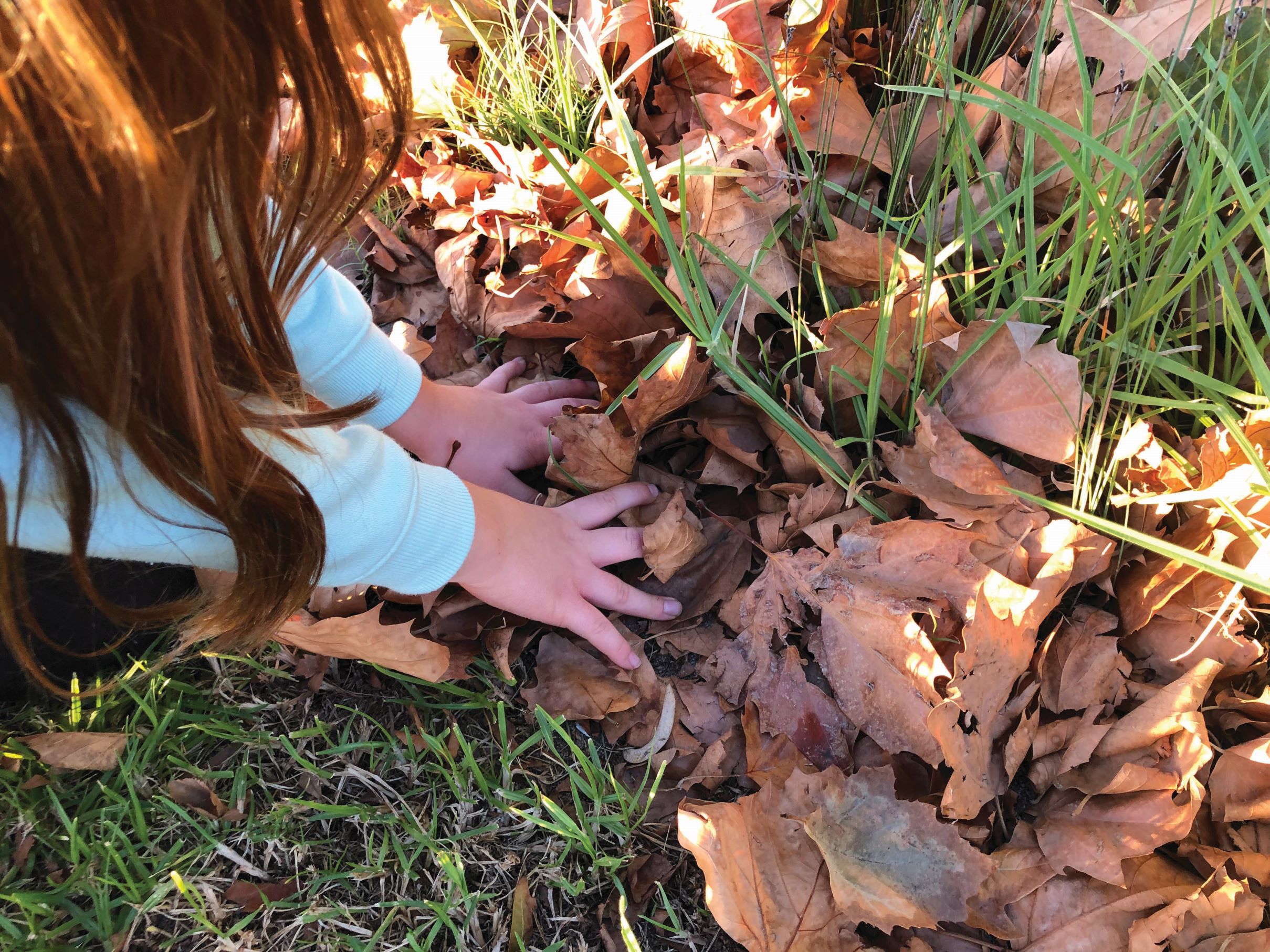Search

The Antenatal Colostrum Expression (ACE) Study aims to determine whether hand expressing of colostrum in the last few weeks of pregnancy can help new mothers to breastfeed.

An experimental study linked to the Mums Minds Matter project, which aims to determine if pregnant women's willingness to engage in online wellbeing programs varies across types.

Auto-immune diseases such as diabetes, rheumatoid arthritis, muscular dystrophy and multiple sclerosis are associated with dysfunction in the microbiome. You need a balance of healthy bugs in your microbiome to keep it on track.

News & Events
Child health and obesity the focus of international built environment studyResearch data from more than one million Australian and Welsh children will be examined to help better understand how the built environment affects child health and obesity, as part of an international research project to be co-led by The Kids Research Institute Australia.

News & Events
Tackling allergy prevention in early lifeThe Childhood Allergy and Immunology Research Team at The Kids Research Institute Australia are currently conducting four studies, through ORIGINS, investigating nutritional strategies in the diets of mothers and babies and how these may reduce the development of allergies.

ORIGINS has sub-projects exploring the link between a mother's diet during pregnancy and health outcomes of the child. Projects also explore nutrition and eating habits during the early years.

Determining the associations of sun exposure in early life on the development of non-communicable diseases.

Breastfeeding and Eating Nuts and Eggs for Infant Tolerance

A list of organisations that currently collaborate with ORIGINS.

News & Events
New FHRI funding to support research helping kids have a healthier start to lifeORIGINS has secured $500,000 in funding from the WA Government’s Future Health Research and Innovation (FHRI) Fund.
